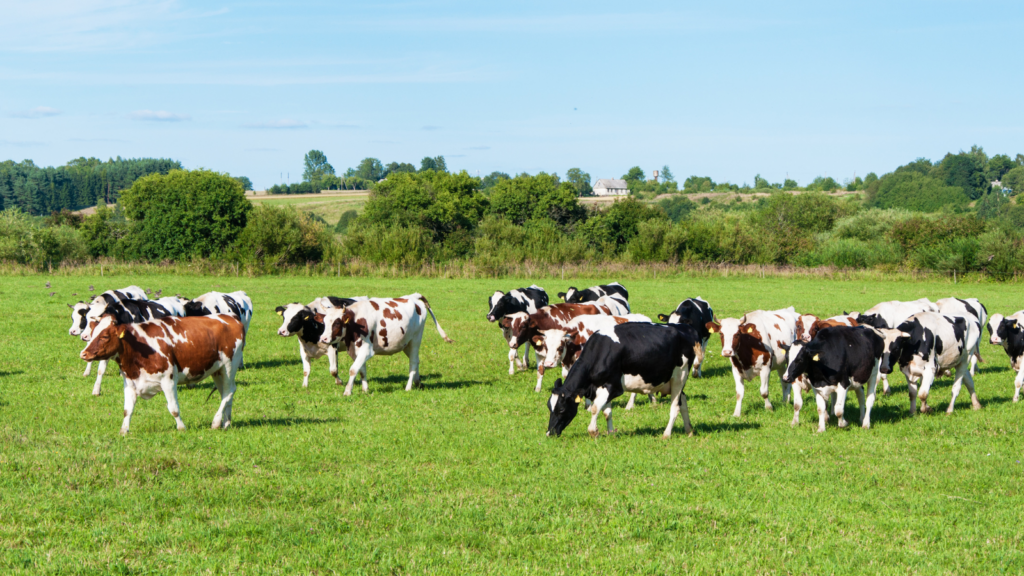Genetic technology project to improve dairy cow performance enters next phase
7th September 2023
The EPIHERD project led by Antler Bio was awarded a Smart Grant from Innovate UK to develop a platform for dairy farmers to access epigenomic data on their herds to better understand and improve cow performance.
With the UK dairy sector caught in crossfire between staff shortages, high input costs and lagging milk prices, achieving a healthy bottom line has never been more challenging for dairy farmers.
“In light of current challenges, it’s crucial for farmers to have access to tools and technology which will help them raise high performing cows, and therefore they will benefit from utilising epigenomics to manage their herds,” explained Andrew Lessey, chief operating officer at Antler Bio.
Epigenomics looks at the chemical markers on DNA that can influence how genes are expressed in an organism. By understanding these markers, farmers can gain insights into the potential of their herd and make informed decisions to enhance overall performance and productivity.
Antler Bio, a genomics company, initially started looking at genomics and performance in the equine sector before expanding their focus towards dairy.
“With our work in the equine industry, we were able to identify biomarkers and gene expression profiles which correlated to high or low performance,” Dr Lessey continued.
“Through the Innovate UK grant, we were able to extract, implement and apply our technology from the equine industry to the dairy sector.”
He went on to point out that selective breeding in the dairy sector has traditionally focused on a few key characteristics, such as milk yield or fertility, however this is insufficient when it comes to raising animals with health and wellbeing in mind or supporting maximum performance in a herd.
During its initial work, Antler Bio focused on comparing the profile of high yielding cows with those producing lower yields in the same herd.
“We analysed the gene expression of each animal to see common pathways between the cows and why they may have performed better or worse,” Dr Lessey explained.
“We were able to gather a good insight on the gene expression profiles which support optimum milk yields, fertility, longevity, feed conversion and hydration, and from this data we can establish that there are real opportunities for farmers to use and analyse epigenomics to make management decisions for performance.
“The next step of the project is delivering our prototype data analysis platform which will take complex data sets from herds and will present the data in an intuitive and accessible manner which farmers and dairy consultants can use to make management decisions on-farm,” he added.
Sarah Nightingale, projects and knowledge exchange manager at CIEL, explained that the organisation has been supporting Antler Bio to develop its digital platform.
“We’ve been supporting Antler Bio with its EPIHERD project by using the CIEL network to ‘stress test’ the technology, working with dairy farmers and industry professionals to develop a user-friendly digital platform and take the technology from concept into practical use.
“We’re looking forward to continuing working with Antler Bio on its epigenomic work and seeing the platform being utilised by farmers,” she concluded.

